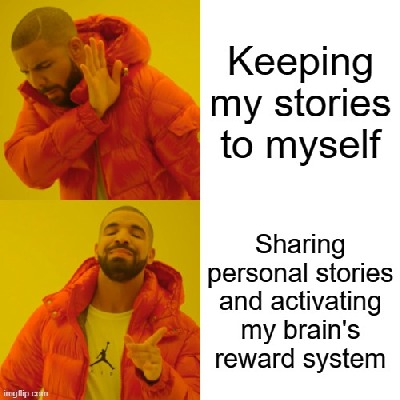Understanding Social Anxiety in Networking
Social anxiety is more than just being shy or introverted. It’s a deep-seated fear of being judged or negatively evaluated in social situations. For years, I found myself avoiding networking events or any opportunity that required me to engage with strangers. The mere thought of striking up a conversation with someone I didn’t know would fill me with dread.
This anxiety led to missed opportunities—opportunities to connect with like-minded professionals, to learn from others, and to grow my network. It became clear that if I wanted to progress in my career, I needed to find a way to overcome this barrier.
Strategies That Helped Me Break Through
Over time, I developed a few strategies that significantly reduced my anxiety and made networking less intimidating:
1. Start Small: I began by attending smaller, less formal events where the pressure to perform was lower. This allowed me to practice my social skills in a less overwhelming environment.
2. Prepare in Advance: Before attending any event, I would do some research on the attendees and prepare a few conversation starters. Having a few topics in mind made me feel more confident and less likely to freeze up in conversations.
3. Focus on Listening: Instead of stressing about what to say next, I shifted my focus to listening. By genuinely engaging with what the other person was saying, I found that the conversation flowed more naturally.
4. Set Small Goals: Instead of aiming to meet everyone in the room, I set small, achievable goals like having a meaningful conversation with just one or two people. This approach took the pressure off and made the experience more manageable.
5. Reflect and Learn: After each event, I would take some time to reflect on what went well and what could be improved. This helped me see my progress and identify areas for growth.
The Benefits of Overcoming Social Anxiety
As I slowly chipped away at my social anxiety, I started to see the benefits of networking. I built relationships that led to new opportunities, gained insights from peers in my industry, and developed a sense of belonging within my professional community.
Breaking through these social barriers wasn’t easy, but the rewards have been worth it. I now view networking not as a daunting task, but as an opportunity to learn, grow, and connect with others who share my interests and passions.
Final Thoughts
If you struggle with social anxiety, know that you’re not alone. It’s a common challenge, but it’s one that can be overcome with patience, practice, and the right strategies. Start small, be kind to yourself, and celebrate every victory, no matter how small. Remember, the goal is not to become the most outgoing person in the room, but to build meaningful connections that will enrich your personal and professional life.
Read the article: “Break Free From Procrastination”


